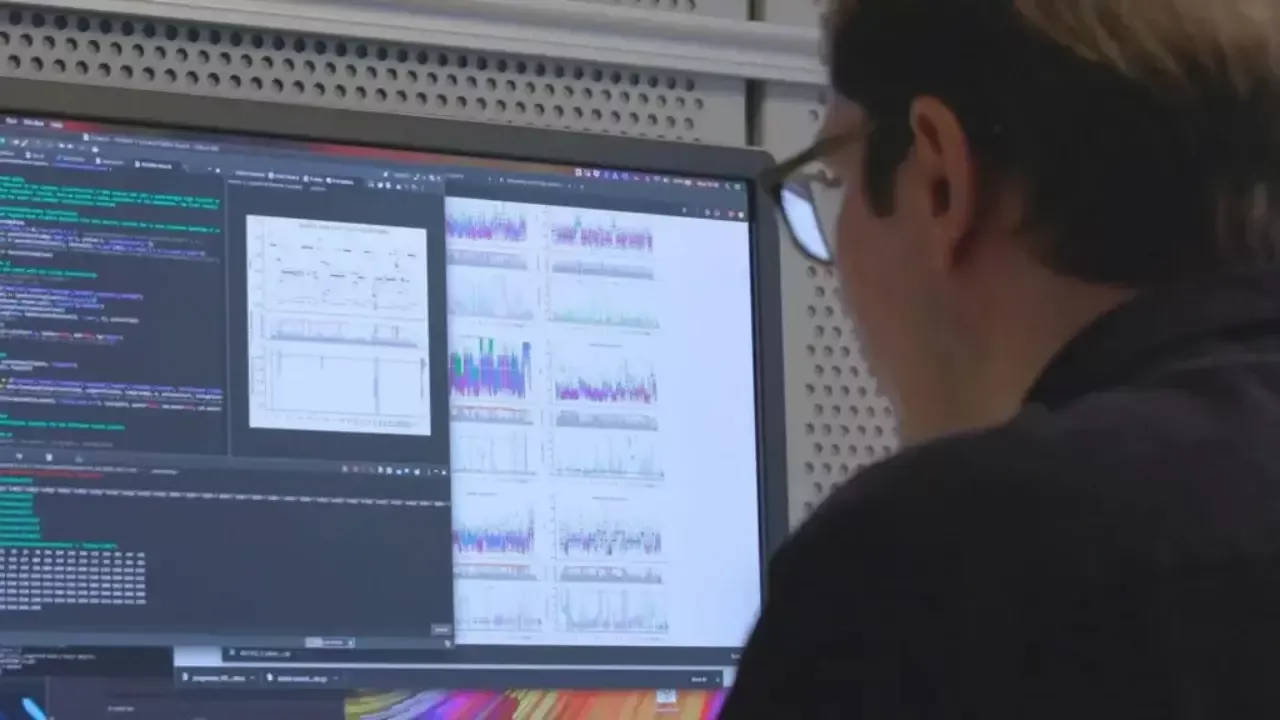
A new breakthrough has been achieved in the field of medicine. This was reported by Zamin.uz.
Scientists have created an artificial intelligence model capable of predicting diseases that may develop in the human body in the future. Named Delphi-2M, this program can calculate the risk of over a thousand diseases based on medical data.
Experts emphasize that this model has the ability to detect potential health problems up to ten years in advance. Delphi-2M was trained on anonymous medical records.
It analyzes hospital records, doctor notes, and patients’ daily habits. For example, information such as smoking habits or lifestyle plays an important role in its calculations.
The program works like a weather forecast: just as it predicts when it might rain, it also forecasts the likelihood of certain diseases occurring. Initially, it was trained on data from over 400,000 participants in the UK Biobank project, and later tested using medical records of 1.9 million people in Denmark.
The results showed that the predictions made by the program were accurate in practice. Delphi-2M demonstrated particularly high performance in predicting dangerous diseases such as diabetes, heart attacks, and sepsis.
However, its capabilities are limited when it comes to predicting random infections. According to experts, such artificial intelligence will provide great assistance to doctors in the future.
If a patient is found to be predisposed to a disease, the doctor can recommend lifestyle changes or medications in advance. For example, patients at high risk of liver disease are advised to avoid alcoholic beverages.
At the same time, this technology holds strategic importance for the healthcare system by enabling the prediction of how many patients might be in a certain area and allowing hospitals to plan their capacity in advance. According to Professor Moritz Gerstung, head of the Artificial Intelligence Department at the German Cancer Research Center, Delphi-2M has ushered in a new era in understanding human health.
In the future, such models will play a crucial role in creating personalized treatment plans for each patient. Currently, since the model has mainly been trained on data from people aged 40 to 70, its applicability to patients of different ages is limited.
Therefore, scientists are working on further improving it by enriching it with blood tests, genetic information, and imaging data. The full results of the study were published in the journal Nature and were carried out in collaboration with the European Molecular Biology Laboratory, the German Cancer Research Center, and the University of Copenhagen.

